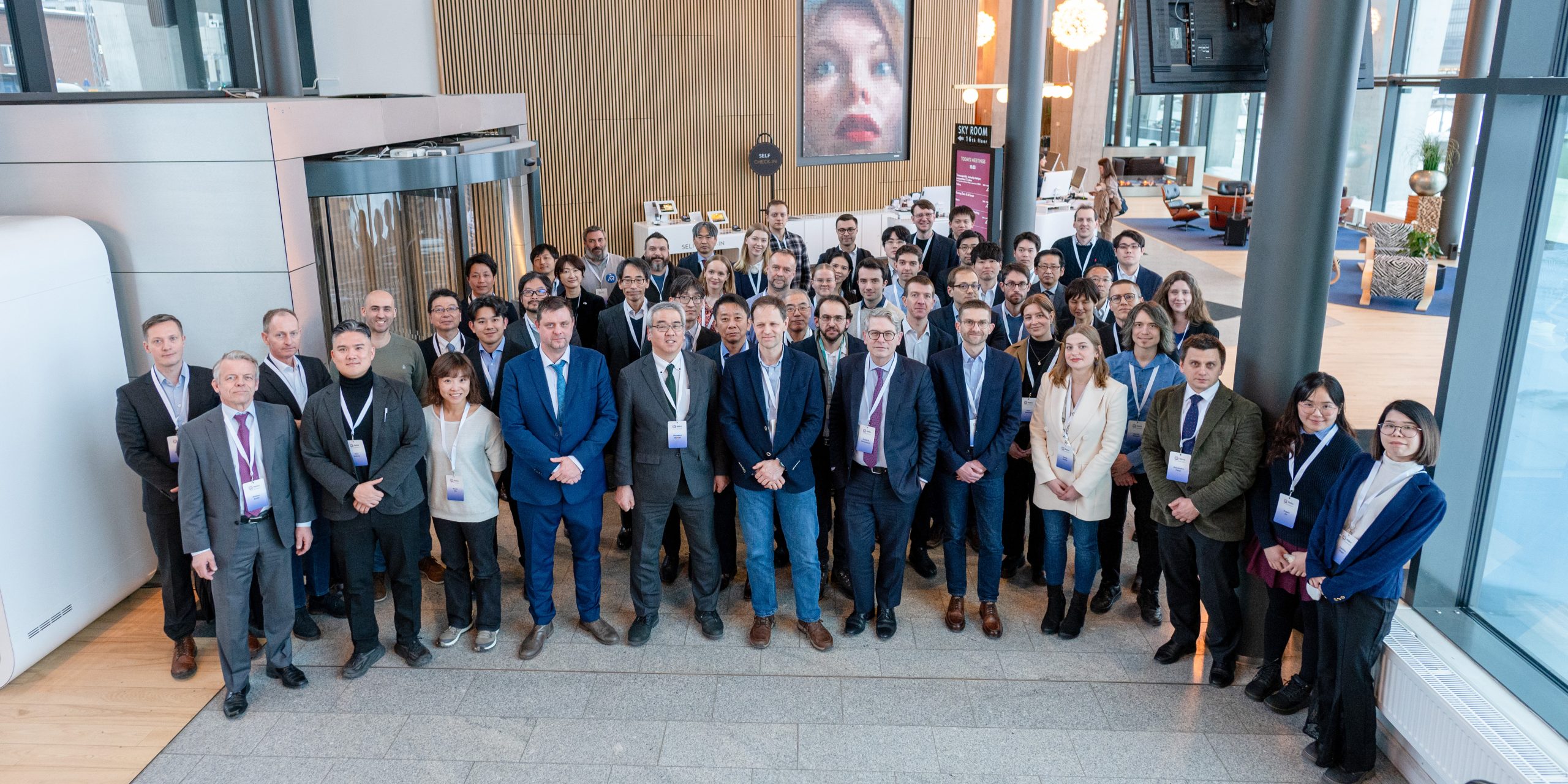CSC pilots national node for the European Open Science Cloud
The European Open Science Cloud (EOSC) has been described as a data space for science, but it can also be considered a counterpart of data and services to the more established scientific HPC infrastructure collaborations in Europe. As we all know, data and data management are becoming increasingly important in both research and development. Good data governance is a prerequisite for successful AI implementation, and to manage AI systems you must manage both data and workloads. Thus, the different branches should converge and create a system of services and tools, that integrates data management and processing. The data part is both challenging and complex and therefore takes more time to mature.
The European Open Science Cloud (EOSC) is a significant endeavor that was started a decade ago by the European Commission to bring together and strengthen European research and e-infrastructures. EOSC is deployed as a system of systems, the so called EOSC Federation between many European research infrastructures.
The coordination is managed by EOSC Association founded in 2020. CSC as a member of this association has since the beginning been an active partner in the collaboration, thanks to our strong and mature research data service portfolio and the long-term commitment to Open Science of the Ministry of Education and Culture and key research organizations and communities. The EU-wide collaboration is organized as a tripartite work between Member States, the Association and the Commission (the EOSC Tripartite governance).
Federation capabilities though node-to-node federations
The EOSC collaboration has taken significant steps forward during the last year, as the concept of EOSC nodes has been developed and taken forward by the European Commission, who has commissioned a reference node from DG Connect (Directorate-General for Communications Networks, Content and Technology). This node gives us an opportunity to develop our interoperability and federation capabilities.
CSC agreed with the Ministry to make a proposal for a candidate node, and Finland was fortunate to be chosen to be one of 6 national nodes in this first phase of integration. There will be domain specific thematic nodes and more generic nodes too, all in all 14 nodes, including the EU node in this first stage.
The goal is to develop our federation capabilities through node-to-node federations during this year. One important deadline will be the EOSC symposium in the beginning of November where results and outcomes will be presented. During this year we will create a node and try some implementations to demonstrate the concept. Currently our offering is mostly based on federated AAI, the fairdata.fi and research.fi services, the Research Data Management Competence Center and developing the concept of Dataset-as-a-Service, the latter especially in close collaboration with LUMI AI Factory.
Creating a user-centered, well integrated federated service portfolio for researchers is our goal. As a basis for our work, we will evidently use the fresh reference architecture for research data management (DAHA), but through the EOSC dimension we can more efficiently bring international research services to researchers based in Finland, while at the same time offering as a contribution for instance our valuable datasets to European researchers.
As it’s easy to see service and data catalogs will play an integral part in the development as will federation on authentication, authorization and identification services (AAI). Our focus will be on these, and we hope to also be able to onboard some external services to the node service catalog. Especially domain-specific service can today be difficult to find, and this is one thing we want to address, while at the same time efficiently curating the data and customizing the user-interface to avoid sludging the researcher with irrelevant information.
Our approach will be to start with our existing services, and we hope that the development well be perceived by our users and customers as enhancements.

Jessica Parland-von Essen
Jessica Parland-von Essen coordinates the implementation of the FAIR data principles and the strengthening of research data management capabilities.




